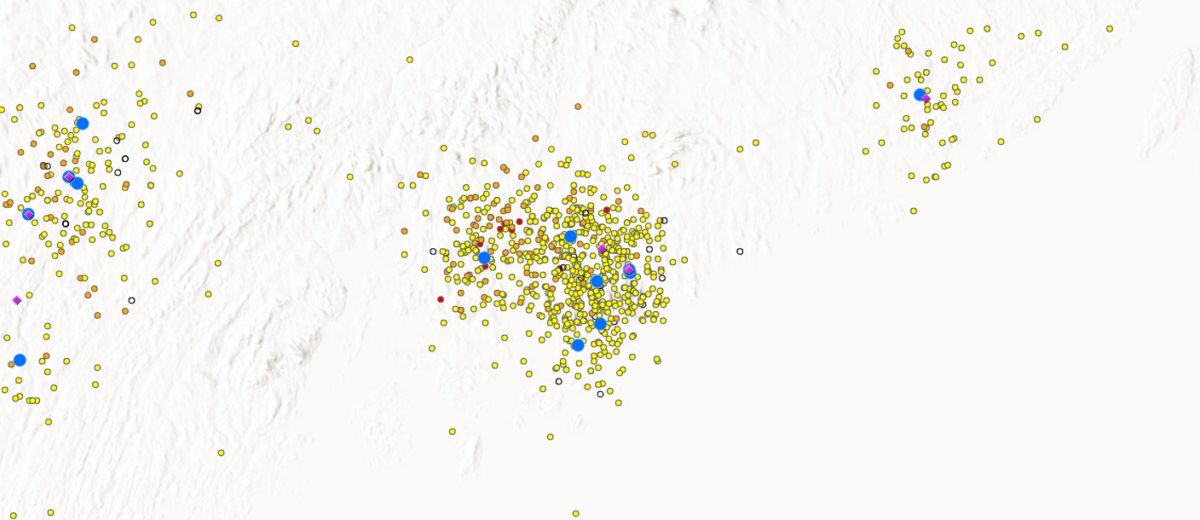by Bill Zoellick
Karen Bieluch of Dartmouth College and I recently collaborated with Anna Farrell, Jane Disney, and others on an article published this past week in the Journal of STEM Outreach. The article describes how the National Institutes of Health “All About Arsenic” program that Jane directs responded to and learned from the COVID-19 disruption.
All About Arsenic, supported by a Science Education Partnership Award from National Institutes of Health, engages teachers and students in collecting well water samples and testing them for arsenic. Goals include:
- student learning objectives in chemistry, biology, and data literacy;
- improving knowledge about arsenic in Maine wells (56 percent of the people in Maine rely on private wells for water, and only 42 percent of those wells have been tested for arsenic);
- increasing awareness of arsenic as a serious health risk.
As was true for every other science program working with students and teachers, COVID-19 upended all of our plans for this project. Jane and her team did an amazing job of responding flexibly and creatively. Karen and I serve as external evaluators for All About Arsenic, and we saw that the team found ways to improve communication among teachers and between scientist partners and teachers as it responded to the pandemic. In addition, stepping away from the initial plans for public outreach brought about new approaches to involving students in science communication and advocacy.
Karen and I are now working with Jane, others in the All About Arsenic program, and the Maine CDC on a study of the program’s impact on household decisions about remediating arsenic problems. One question we hope to look at is whether having health information come through schools and students affects households’ response to health risks.
